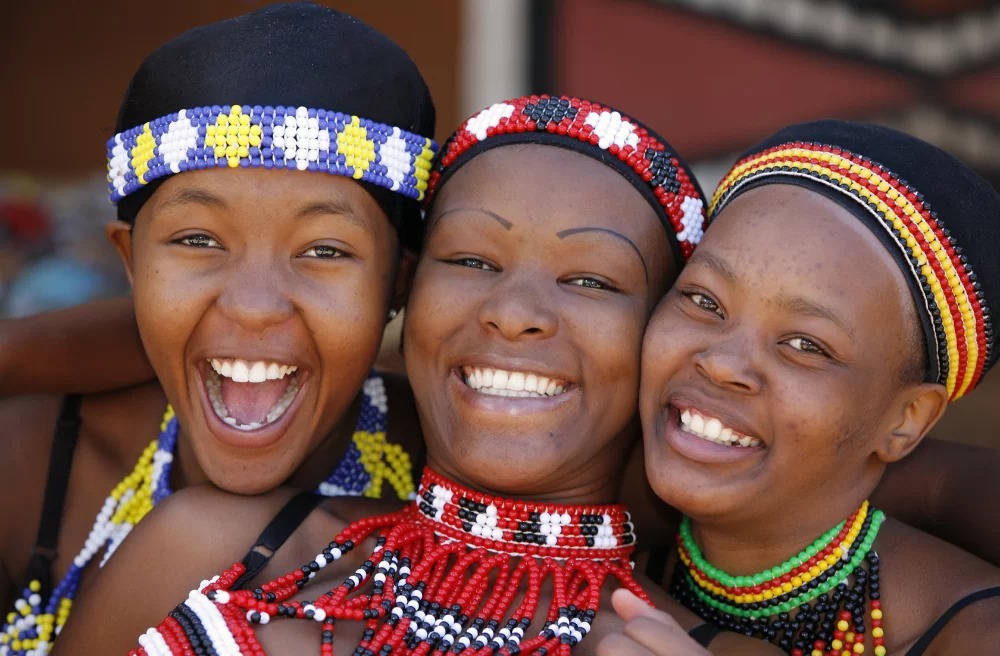Your cart is currently empty!

The Tension Between Ethnicity and Nationalism: Why Some African Societies Continue Their Alliance to the Tribe
By Nathan Kiwere
The interplay of ethnicity and nationalism remains one of the hallmarks of most African societies. While nationalism aims to unite people into a shared identity and collective purpose within the framework of a nation-state, ethnicity generally demands greater depth in terms of emotional and cultural allegiance and hence shapes their worldviews and allegiances. This has great consequences for governance, social cohesion, and development in Africa, rooted in the historical, cultural, and political dynamic.
The colonial partition of Africa in the late 19th century completely disregarded the then ethnic and cultural boundaries, dividing the continent into artificial states that contained numerous ethnic groups with little common history. For example, Nigeria, the most populous country in Africa, has over 250 ethnic groups, including the Hausa-Fulani in the north, the Yoruba in the southwest, and the Igbo in the southeast. These groups often prioritize their ethnic identities over national identity, partly because of the historical lack of inclusiveness in governance. For instance, colonial administrations capitalized on ethnic divisions, even employing indirect rule, a policy and practice that consolidated the power of local ethnic leaders at the expense of national unity.
It is a dense network of shared language, traditions, and kinship ties that provides a degree of security and familiarity often unmatched by the more abstract notion of the nation-state. For example, in Kenya, ethnicities are a major determining factor in political allegiance. Most Kenyans vote for people of their ethnic group in elections, since they are seen to look after the interests of their ethnic group once elected to power. The political contestation between the Kikuyu and Luo ethnic groups, as personified in the disputed elections of 2007, is illustrative of how ethnicity may triumph over national unity.
The perceived or actual inequality of resource distribution is usually the driving force behind persistent ethnic allegiance. In most African countries, the state is the chief dispenser of wealth and opportunities, and access to such resources is more often than not facilitated through ethnicity. This sets the stage for a zero-sum competition where groups find ethnic loyalty the sure means of survival and prosperity. In Uganda, for example, the dominance of the Banyankole ethnic group during the Yoweri Museveni regime has seen many accuse the regime of ethnic favoritism and marginalization of other groups, thus reinforcing ethnic loyalty.
Nationalism, as advocated in some African countries, has struggled hard to overcome the appeal of ethnic identity. National symbols such as flags, anthems, and holidays are not strong enough to overcome the cultural tradition of ethnicity. Programs like Tanzania’s ujamaa (African socialism) under Julius Nyerere represent one of the few attempts to succeed in building a sense of national unity above ethnic divisions. Nyerere promoted Swahili as a national language and pursued policies to de-emphasize ethnic differences. Such examples are rare.
Case Studies of Resilient Ethnic Allegiances
1. South Sudan: Since the declaration of independence in 2011, South Sudan has been plunged into a civil war provoked by ethnic rivalries between the Dinka and Nuer tribes. While there was a shared desire for independence from Sudan, ethnic loyalty prevented the process of nation-building.
2. Rwanda: The genocide in 1994, when the Hutu extremists took to arms against the minority Tutsi, is the most graphic example of how ethnic tensions can explode into bloodbath. Post-genocide Rwanda has tried to move toward a unified national identity, but ethnic mistrust still lies beneath the surface.
Reconciling ethnicity with nationalism would require African governments to address structural inequity feeding ethnic divisions. Inclusive governance, resource sharing, and the promotion of civic education with a national identity must be the core elements of the policy. Regional integration initiatives, such as Agenda 2063 of the African Union, could also be another avenue toward distracting the focus from narrow ethnic identity to larger continental aspirations.
This tension between ethnicity and nationalism in Africa is not insurmountable, but it would call for deliberate and continuous commitment toward addressing the root causes of this issue. Whereas ethnicity embodies the concept of belonging and continuation, nationalism promises collective movement toward development and stability. How to balance these two identities remains a critical concern in Africa’s social cohesion and development, which basically demands visionary leadership and policies of inclusiveness. But most of all, African states have to foster unity in diversity-the feeling that eventually the loyalty to the tribe shall enrich but not oppose the loyalty to the nation.

Leave a Reply